Donald Trump has laid out broad strokes for policy on the Middle East – embracing Israel, hostile to Iran and aggressive towards non-state Islamist organizations.
Trump, who will take office on Friday, has called the July 2015 agreement with Iran – which the outgoing Obama administration views as one of its biggest foreign policy achievements – “one of the dumbest deals I have ever seen” and has threatened to either scrap the accord or seek a better deal.
But Iranian President Hassan Rouhani said the US President-elect could not unilaterally cancel the nuclear deal Tehran signed with world powers, including Washington, and that talk of renegotiating it is “meaningless”, Reuters reported.
Under Iran’s settlement with the US, France, Germany, Britain, Russia, and China, Tehran agreed to curtail its nuclear program to satisfy the powers that it could not be put to developing atomic bombs.
In exchange, sanctions were pulled back, and most were lifted in January 2016.
After Trump’s dismissive remarks on the European Union and NATO, the EU rallied to provide a unified response at least on Iran, encouraged by Berlin and Paris, with politicians from different countries rushing to defend the European cause.
A year after its signing, the Iranian nuclear deal was hailed by EU foreign policy chief Federica Mogherini as “proof that diplomacy works and delivers”.
“The European Union will continue to work for the respect and implementation of this extremely important deal, most of all for our security,” Mogherini said in response to Trump’s view on Iran.
UK Foreign Secretary Boris Johnson also defended the Iran deal, speaking of its “great merit” and offering assurances that the signatory powers “want to keep it going”.
US oil major ExxonMobil led by the future secretary of state Rex Tillerson did business with sanctioned Iran as well as Syria and Sudan through a European subsidiary, USA Today reports, quoting Securities and Exchange Commission filings.
In an interview with CNBC from March of this year, Tillerson made it clear that he saw Iran as an attractive market for ExxonMobil, despite US sanctions. He stated:
“US companies like ours are still unable to conduct business in Iran. A lot of our European competitors are in, working actively. I don’t know that– that we’re necessarily at a disadvantage. The history of Iranian– in foreign investment in the past, their terms were always quite challenging, quite difficult. We–never had large investments in Iran for that reason. And I don’t know that the Iranians are gonna be any different today. We’ll have to wait and see and there hasn’t been any contracts put out. But I also learned a long time ago that sometimes being the first in is not necessarily best. We’ll wait and see if things open up for U.S. companies. We would certainly take a look because it’s a huge resource-owning country.”
Since he made these comments, Iran has unveiled its new IPC oil contracts and oil majors Total and Shell.
The US Congress closed the loophole allowing American companies to do business with Tehran through subsidiaries, but the Iran nuclear deal reopened it under certain conditions.
Former Iranian leader, Hashemi Rafsanjani, who passed away recently, was the speaker of the Iranian majlis during the American hostage crisis, triggered by the seizure of the US embassy in Tehran in 1985.
As a close aide of Ayatollah Khomeini, Rafsanjani shepherded the crisis to a controlled and profitable climax for his country, by taking away the election from the peanut farmer of Georgia.
Within minutes of Ronald Reagan’s inauguration, Iran released the American hostages. President Jimmy Carter blamed his loss on his failure to bring the hostages home.


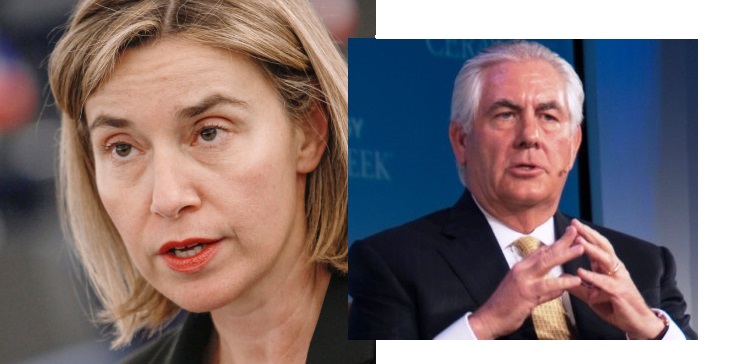

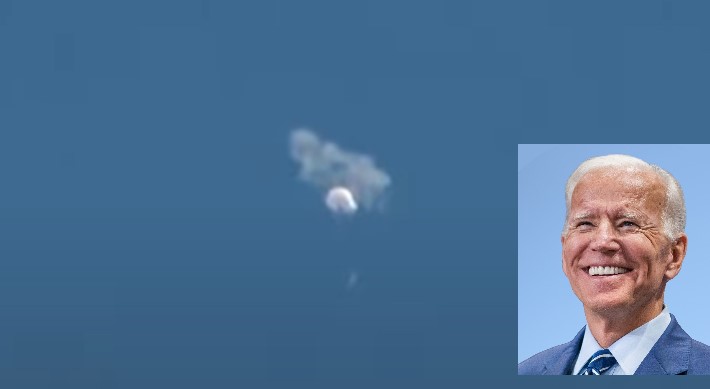


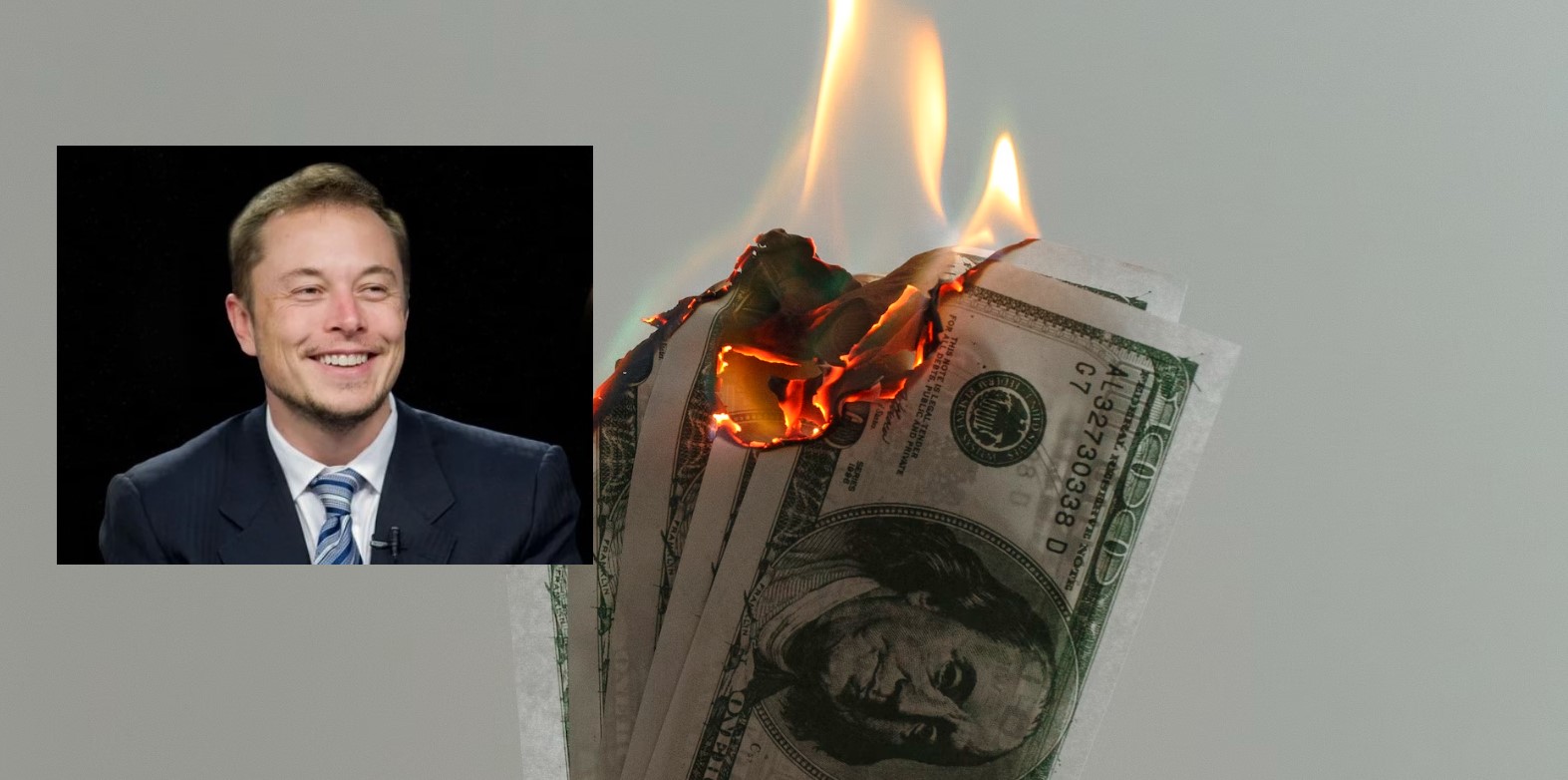


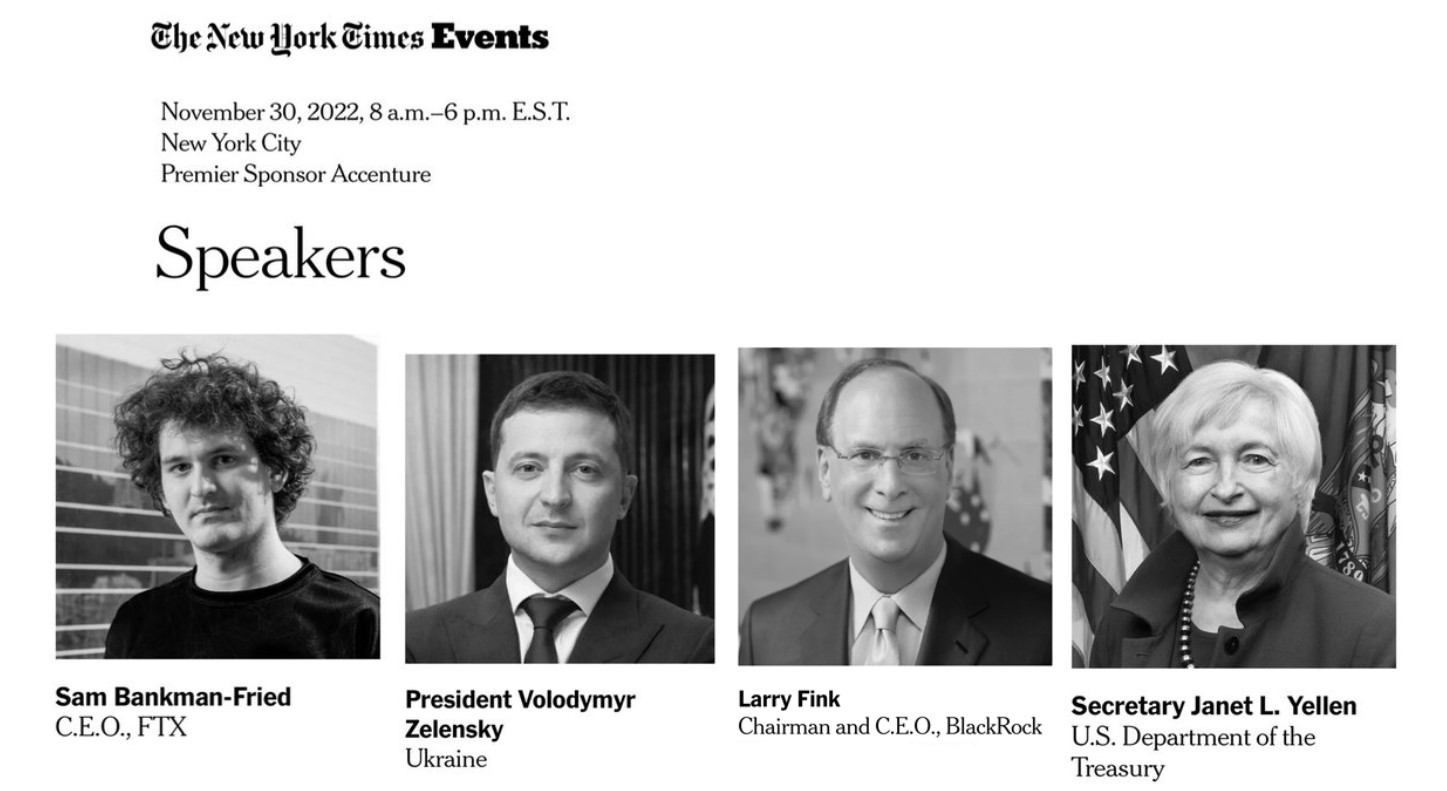

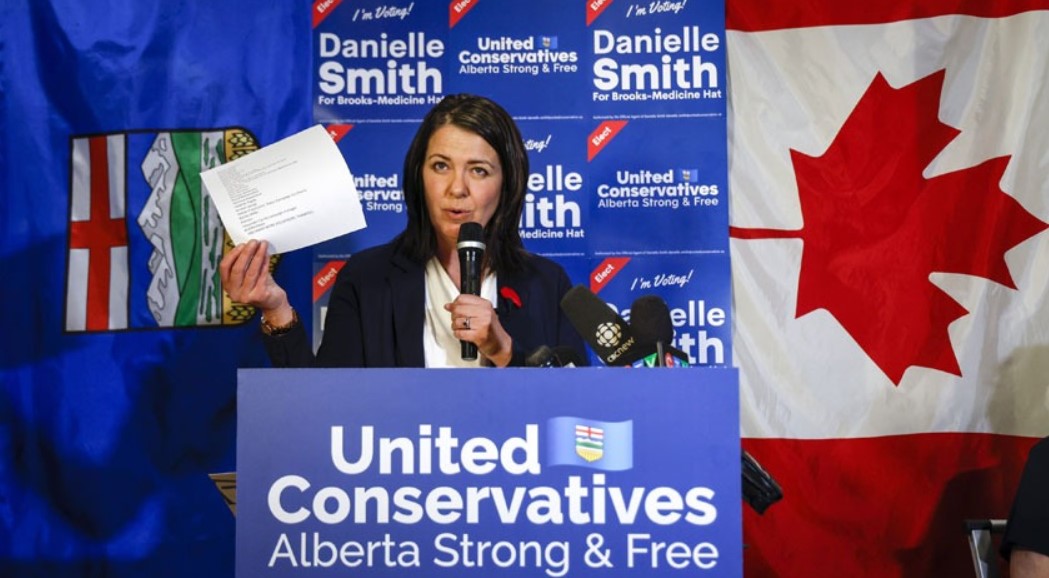
No comments.
By submitting a comment you grant Free West Media a perpetual license to reproduce your words and name/web site in attribution. Inappropriate and irrelevant comments will be removed at an admin’s discretion. Your email is used for verification purposes only, it will never be shared.